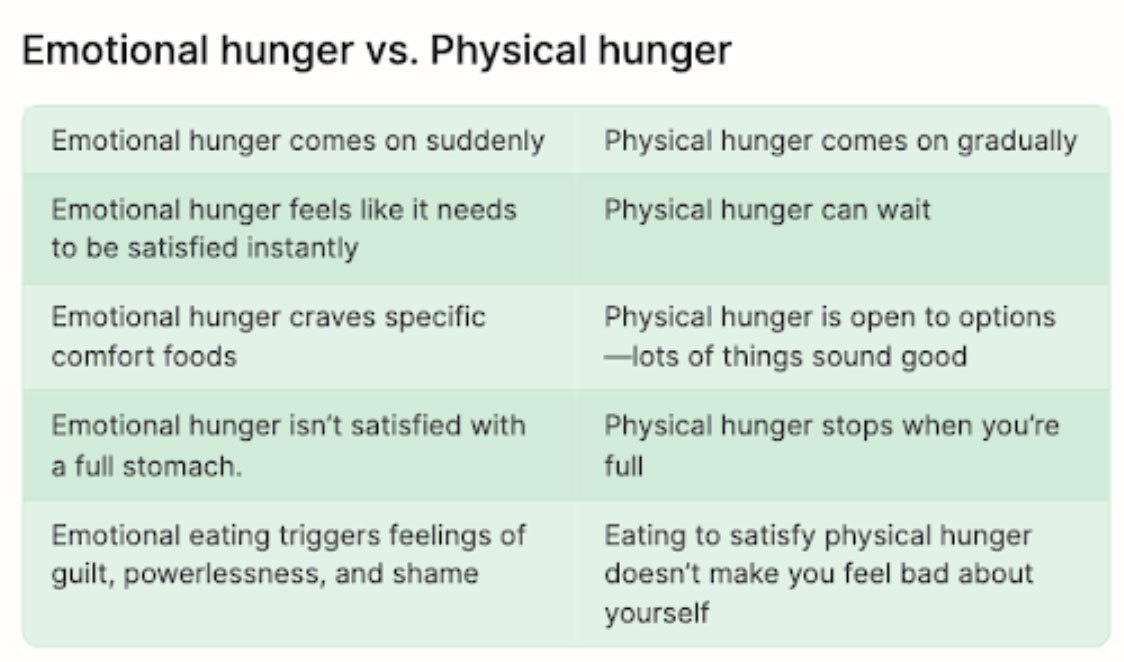War Effects on Your Eating Habits: What Can You Do About it?
By Laila Al Akel
Medical student at Balamand University
“Food is medicine, and the right kind of a relationship with food can make a positive impact on your health.” – Hayley Hobson
Why might our eating habits change during wartime?
We can find ourselves either eating more or less than normal during times of stress including wartime. Some of us tend to find comfort in food because it is the first thing accessible to us and offers us the fastest way to find an escape from reality. Others might feel so stressed that we can no longer recognize our hunger cues or even lose interest in eating. In either case, there is a potential risk that we can end up having disordered eating habits and/or eating disorders (EDs) or we might even lose interest in taking good care of our health. Therefore, it is crucial to understand what is the reason behind the change in our eating habits during wartime and how to deal with it.
A study about EDs done in Lebanon post-war
A 2013 descriptive cross-sectional study conducted on around 300 undergraduate students in Lebanon, six months after the July 2006 war, found a significant prevalence of eating disorders (EDs) among them. The study indicated that changes in eating habits during wartime were linked to a higher risk of developing EDs. This suggests that exposure to war-related stress and alterations in eating habits during conflict are important risk factors for EDs that have not been widely reported in civilian contexts.
Several mechanisms may explain the increased risk of EDs associated with war. First, changes in food intake patterns—such as variations in meal size, diversity, and frequency—are linked to a higher likelihood of EDs. Second, research has shown that periods of food scarcity can lead to behaviors like binge eating, food hoarding, and intense cravings. Lastly, strict dieting and subsequent weight loss may trigger conditions like anorexia nervosa (AN), bulimia nervosa (BN), or binge eating disorder (BED).
Hunger cues: when is it emotional eating and when is it actual physical hunger?

The key to managing your eating habits: emotional regulation
Take a minute or two to recognize what emotion you are experiencing the moment you feel you want to eat. Ask yourself, “what am I currently feeling?” You might find yourself feeling scared, anxious, unsafe, bored, overwhelmed, numb or tired. And for every emotion, there is an action that you can take to regulate that emotion. Some examples of emotions and subsequent actions that you can take include the following:
- If you’re feeling down or lonely, reach out to someone who lifts your spirits, spend time with your dog or cat, or look at a beloved photo or keepsake.
- If you’re feeling anxious, channel your energy by dancing or singing to your favorite tune, using a stress ball, or going for a walk.
- If you’re tired, indulge yourself with a soothing cup of tea, take a relaxing bath, light some scented candles, or cozy up in a warm blanket.
- If you’re bored, dive into a good book, watch a funny show, explore nature, or engage in a hobby you enjoy.
When you are able to recognize, comprehend, and effectively utilize your emotions in constructive ways, you can achieve “emotional intelligence.”
Emotional intelligence is typically characterized by four key attributes:
- Self-management – You have the ability to control impulsive feelings and behaviors, manage your emotions in constructive ways, take initiative, honor your commitments, and adjust to new situations.
- Self-awareness – You are aware of your own emotions and how they impact your thoughts and actions. You understand your strengths and weaknesses and possess self-confidence.
- Social awareness – You can comprehend the emotions, needs, and concerns of others, recognize emotional signals, feel at ease in social settings, and identify power dynamics within a group or organization.
- Relationship management – You can build and maintain positive relationships, communicate effectively, motivate and influence others, collaborate well in teams, and handle conflicts.
Final Thoughts:
Remember, you might get tempted to seek the easiest way out of an uncomfortable emotion and food often offers that escape. Nevertheless, remember that it is the emotion that needs to be regulated for you to feel better. And if you cannot connect to your emotion, you cannot appropriately control your behavior. Even though you might need to put some energy and effort to deal with that emotion, always remind yourself that you are doing all of this for the sake of maintaining a good relationship with food and your body. Unfortunately, we cannot control what happens around us in terms of war conflict but we can control how we respond to external stressors. Connect to your emotions, regulate them and choose your health because nothing matters more than that.
References:
-
Hawkins, M. R., & Vallerand, R. J. (2013). The role of stress in eating disorders: A review of the literature. Appetite, 69, 32-38. https://doi.org/10.1016/j.appet.2013.05.022
-
Healthline. (n.d.). Stress and weight loss: Causes, symptoms, and treatment. Healthline. https://www.healthline.com/health/stress/stress-weight-loss#cause
-
HelpGuide. (n.d.). Emotional eating: How to overcome it and develop healthy eating habits. HelpGuide. https://www.helpguide.org/wellness/weight-loss/emotional-eating
-
HelpGuide. (n.d.). Emotional intelligence toolkit: Skills, strategies, and resources for improving your emotional intelligence. HelpGuide. https://www.helpguide.org/mental-health/wellbeing/emotional-intelligence-toolkit



